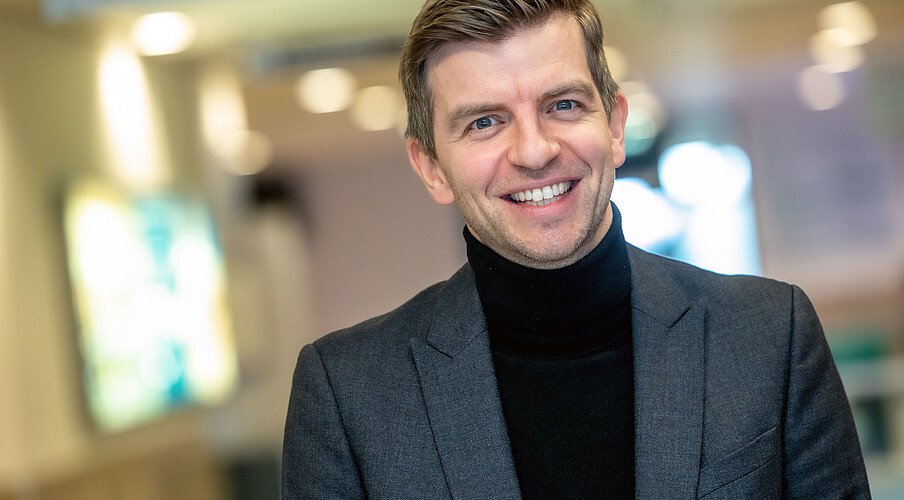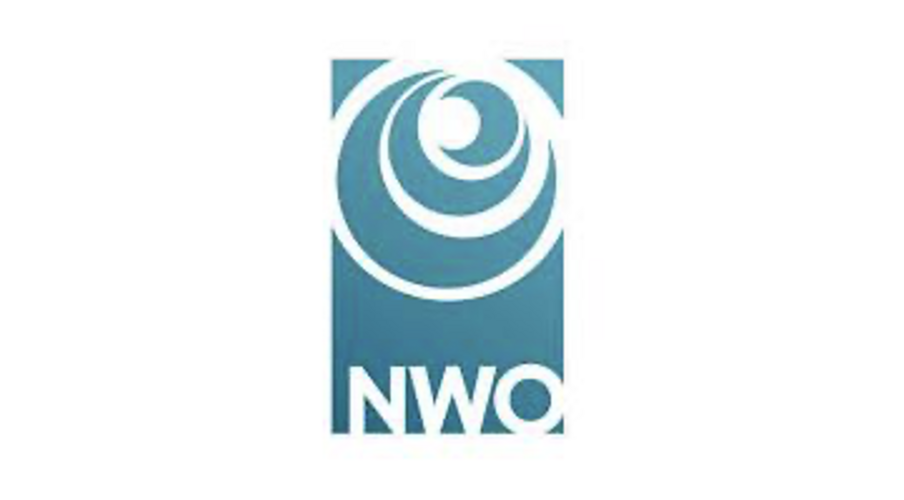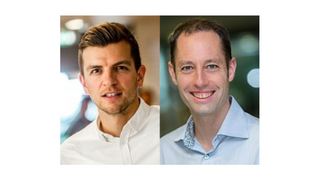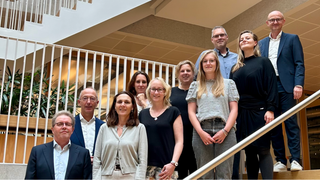With food demand soaring and climate change pressing on agriculture, the Netherlands leads in greenhouse technology, a top sector in the Dutch economy with €25 billion in exports. Yet, modern greenhouses face hurdles such as high energy costs, labour shortages and a need for sustainable, efficient systems that current AI technologies cannot fully support.
The prevailing purpose of this NWO grant consortium is to investigate how layered AI-based control systems can make greenhouses more resource efficient while ensuring that the decisions made by an algorithm are explainable to humans to facilitate the eventual adoption of this technology. The envisioned impact of this project and the proposed solution is threefold: 1) increase sustainability of greenhouses; 2) decrease costs for greenhouse products; and 3) improve food security.
Project to develop flexible, scalable, explainable AI systems
“In Work Package 4,” Deichmann explains, “our team explores the social side of AI systems and defines how an interface and architecture needs to look, to ensure a flexible, scalable and explainable AI system for growers. Through a human-centred design thinking approach, we want to discover what AI systems need to do for growers and how these systems complement or compete with growers’ professional identity. We will provide insights into how AI systems can help growers to perform their job in a better way and recommendations about the forces that facilitate or hamper the adoption autonomous greenhouse control systems in practice.”
Industry collaboration for a sustainable future
Leading the overall NWO grant project is Tamas Keviczky from TU Delft. Co-financed by Blue Radix, Ridder and HarvestAi and in partnership with Glastuinbouw Nederland and Vertify, this project represents a powerful collaboration between academia and industry leaders. Together, the consortium works to set the stage for a new era in sustainable greenhouse agriculture.





